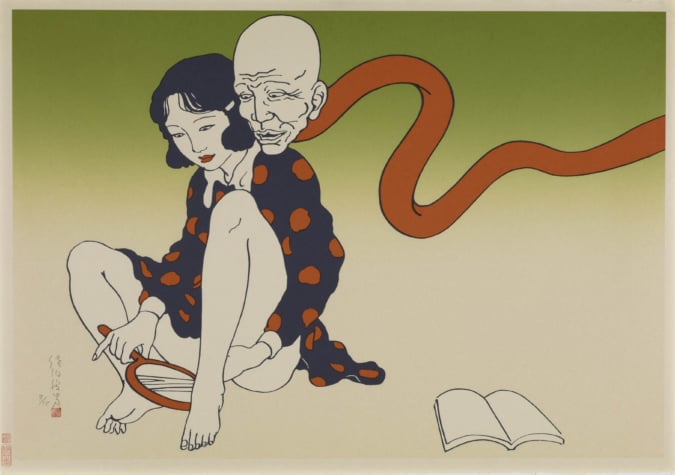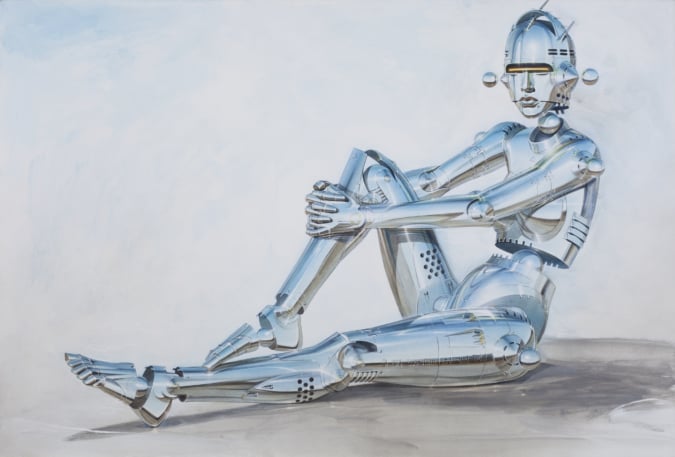‘Internal Notebook’, an Intimate Portrait of a Childhood of Abuse
Photographer Miki Hasegawa gathers testimonies from formerly mistreated children in her book, combining accounts and photographs.
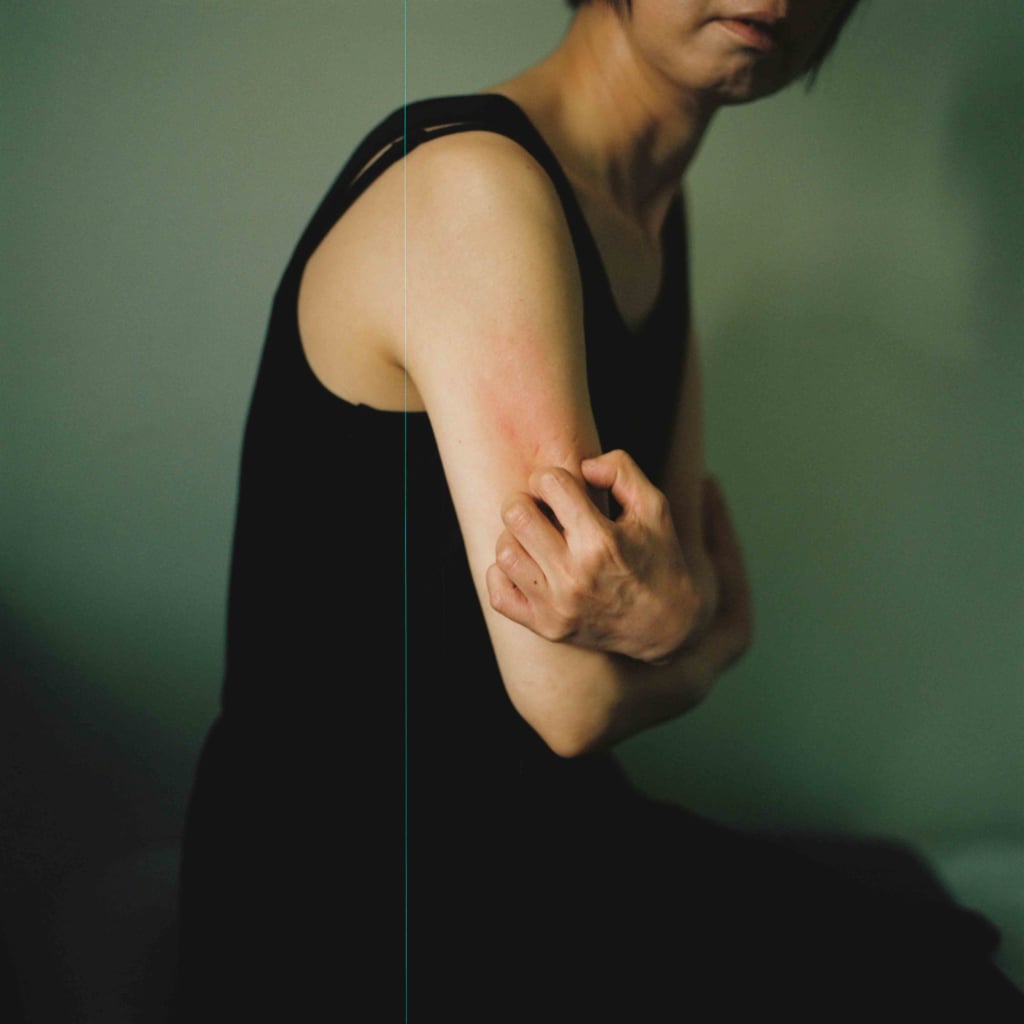
© Miki Hasegawa
Internal Notebook is a project that developed over many years. It all started in 2009, when Miki Hasegawa was pregnant with her daughter. Pregnancy made her aware of the pressure and demands imposed upon mothers by Japanese society. ‘I felt like I could have been capable of mistreating my child, given the psychological state I was in’, the photographer explains in an interview with Pen. ‘I then realised that abuse is not committed by parents exclusively, but that it can be by anyone.’
Miki Hasegawa embarked upon a career as a photographer after giving birth, giving up her job as an architect, and decided to find out about child abuse and the difficulties that mistreated children have to face. ‘This was an act necessary to avoid becoming an abusive mother’, explains the artist, who places issues related to women and children at the heart of her photographic work.
Four years spent gathering victims’ testimonies
Over four years, she travelled all over Japan to meet adults who had been victims of violence, in an environment that would enable them to confide in her. ‘I met them at their house, or in a place where no one would be able to hear them. They could choose to end the meeting at any time, or even cancel it if they no longer wished to speak. I think that this freedom encouraged them to open up’, Miki Hasegawa explains.
The photographer spent five hours with each individual, letting them tell their story with as few interruptions as possible, and finished the interview by photographing their portrait. ‘I felt like they were oppressed by social norms; like they strongly believed that this abuse is something we must not talk about.’
Internal Notebook is the sum of all these encounters. It is a book with a complex structure, with several layers, that the photographer conceived as a metaphor for the complexity of this subject in Japanese society. The aim is clear: to initiate discussion on how to curb this violence. ‘Child abuse leaves invisible scars. Leafing through the pages of the book, we can hear their cries.’
Internal Notebook (2019), a book of photographs by Miki Hasegawa, is published by Ceiba Editions.
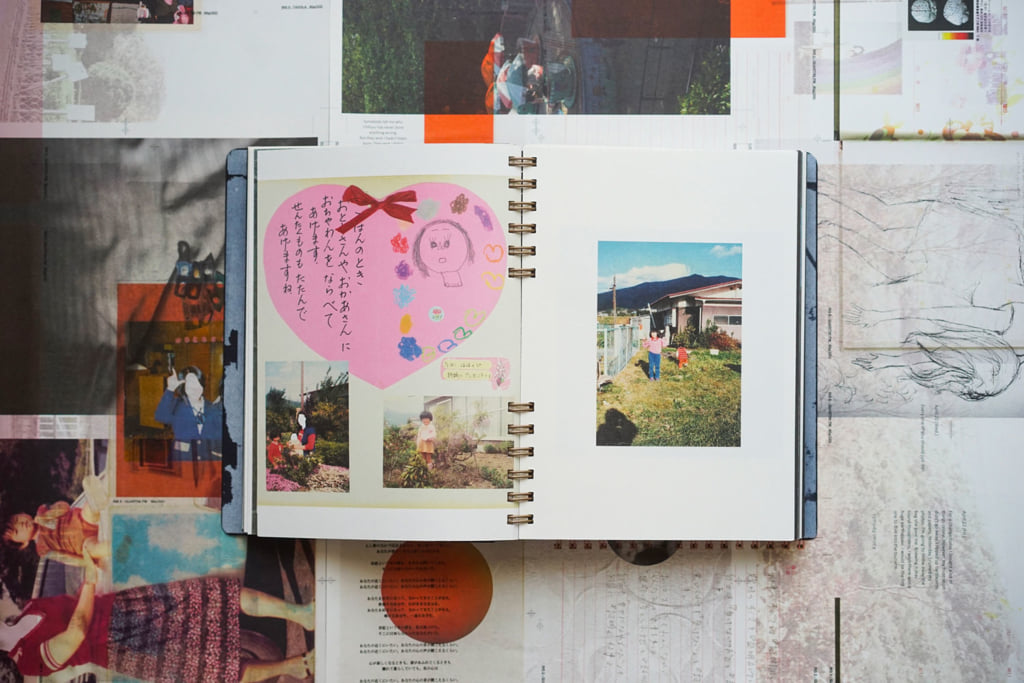
© Miki Hasegawa
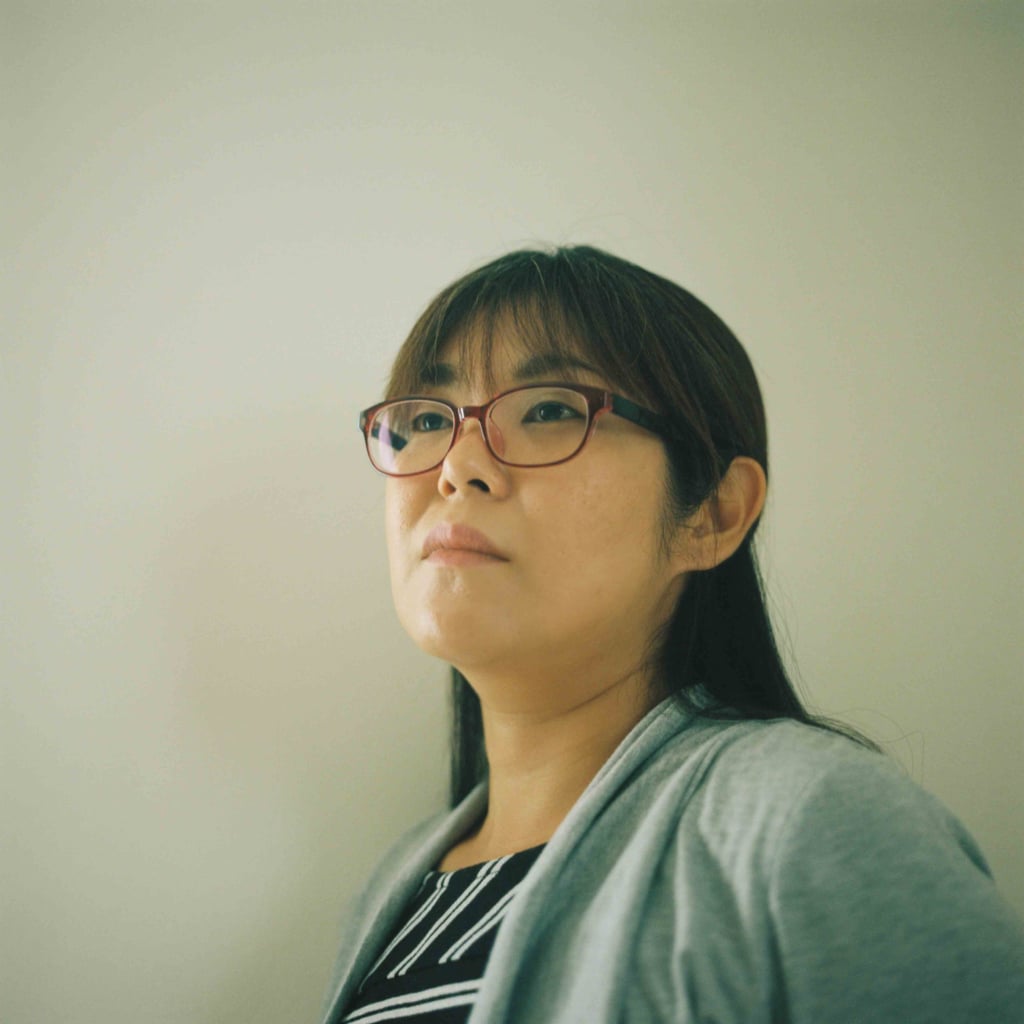
© Miki Hasegawa
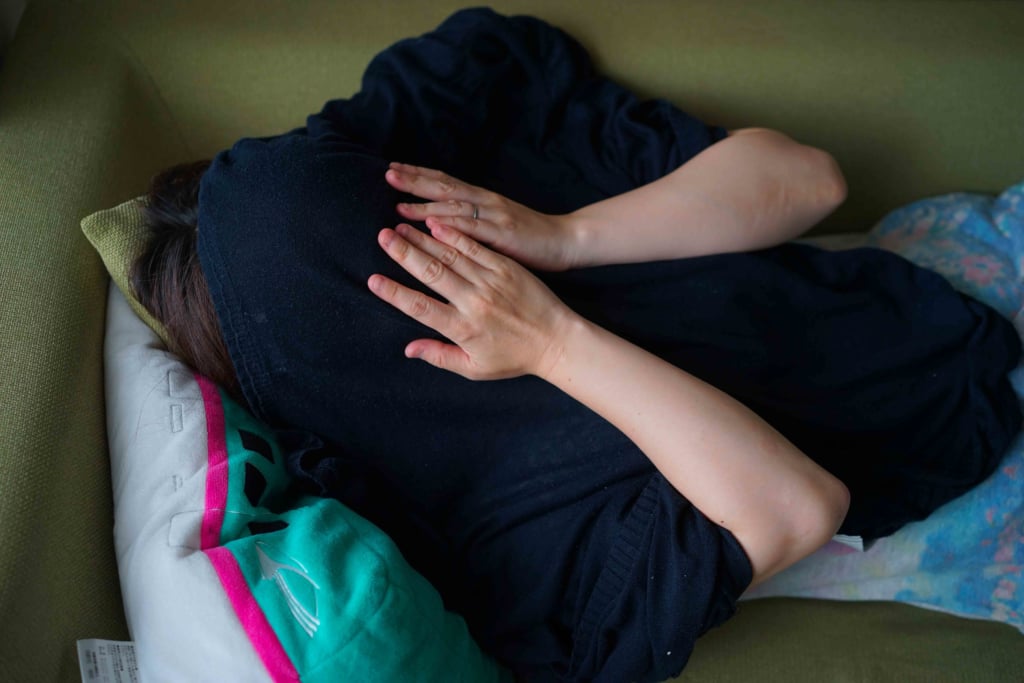
© Miki Hasegawa
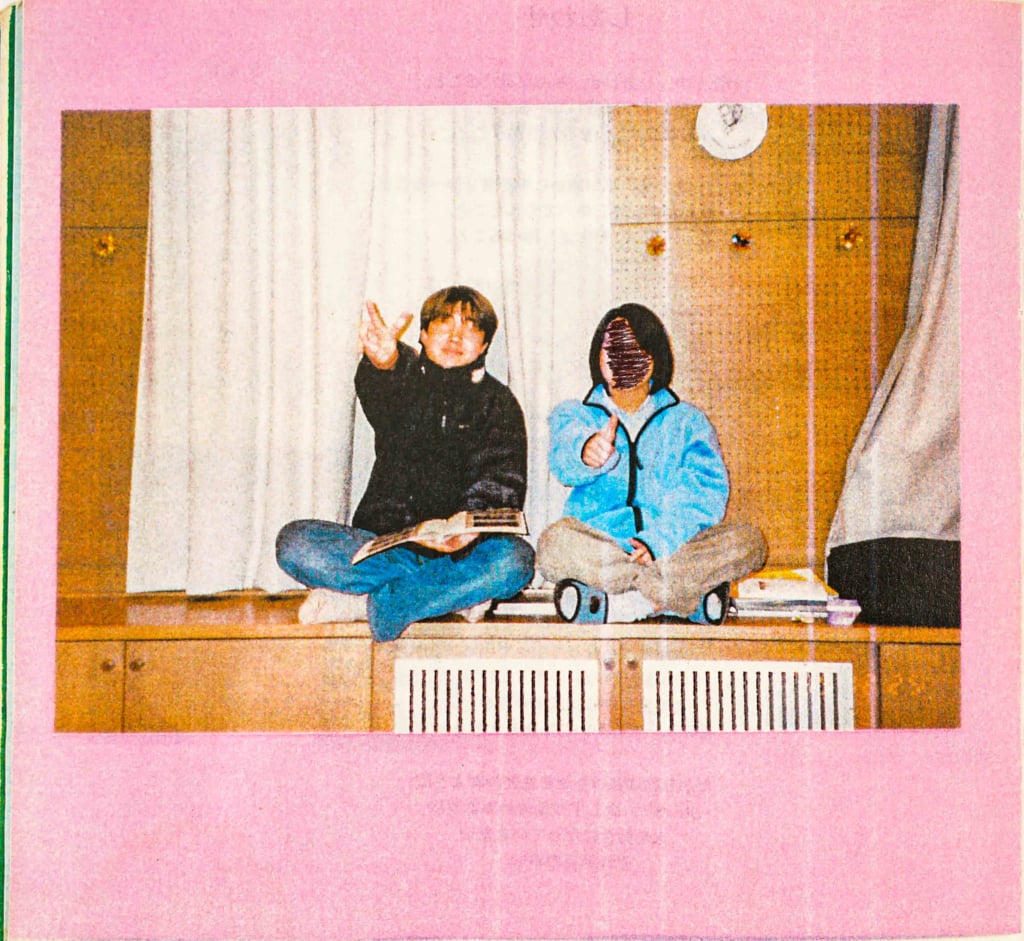
© Miki Hasegawa
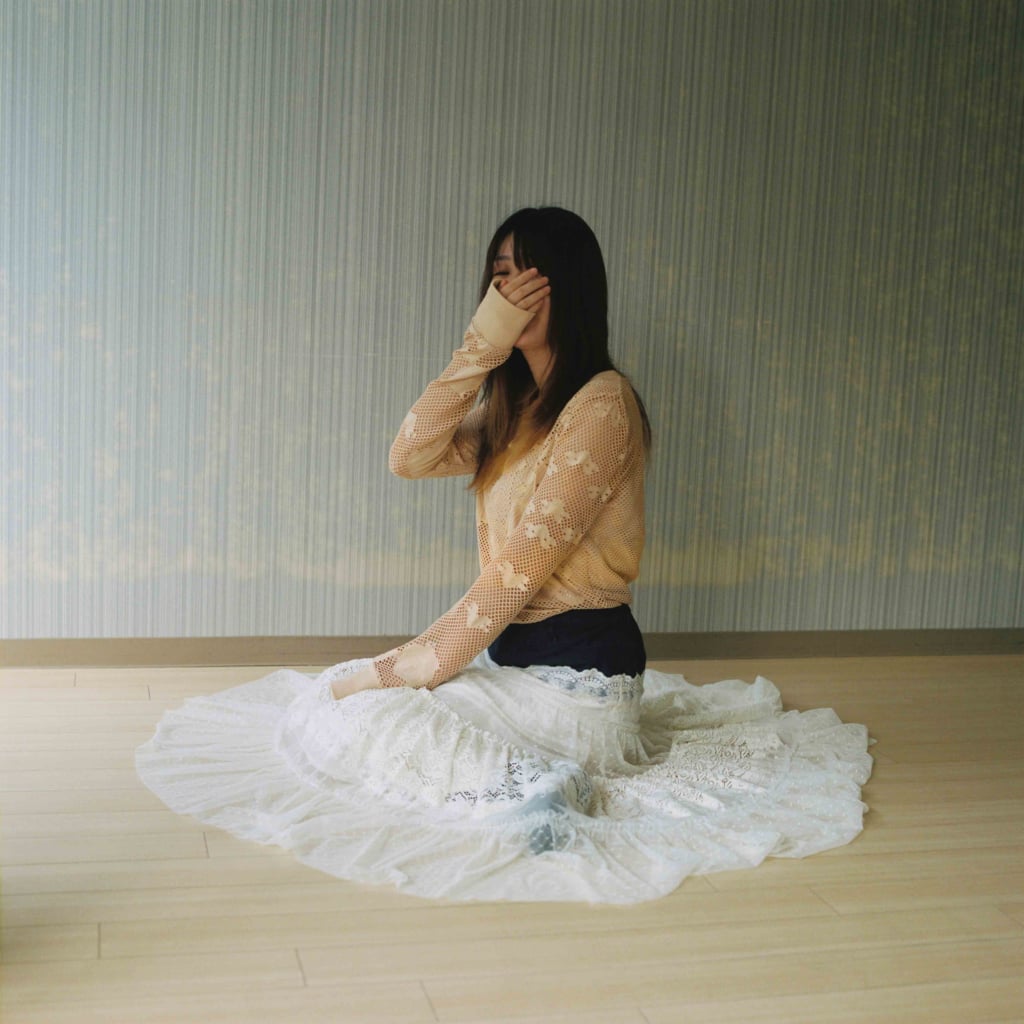
© Miki Hasegawa
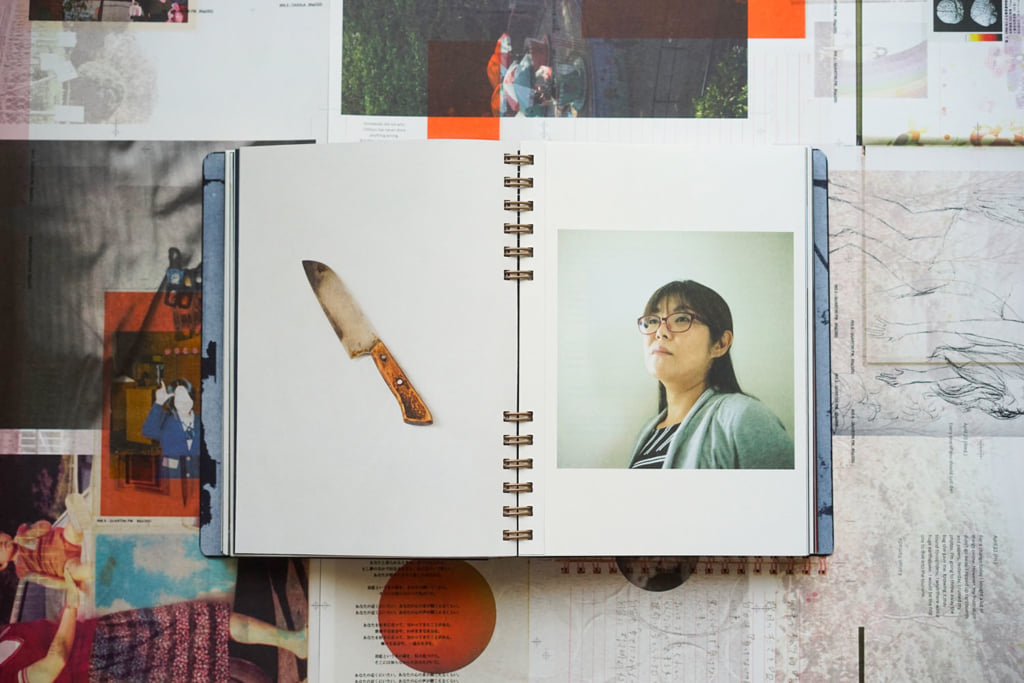
© Miki Hasegawa
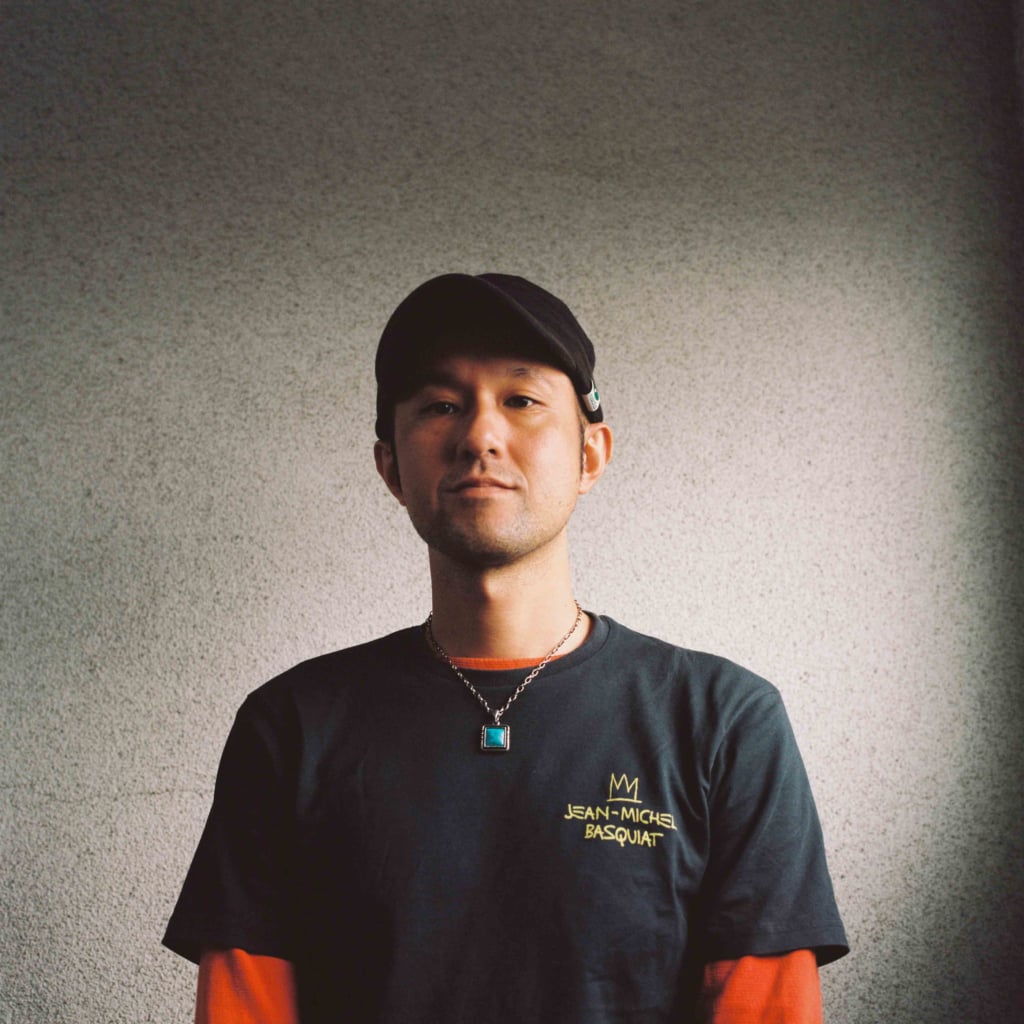
© Miki Hasegawa
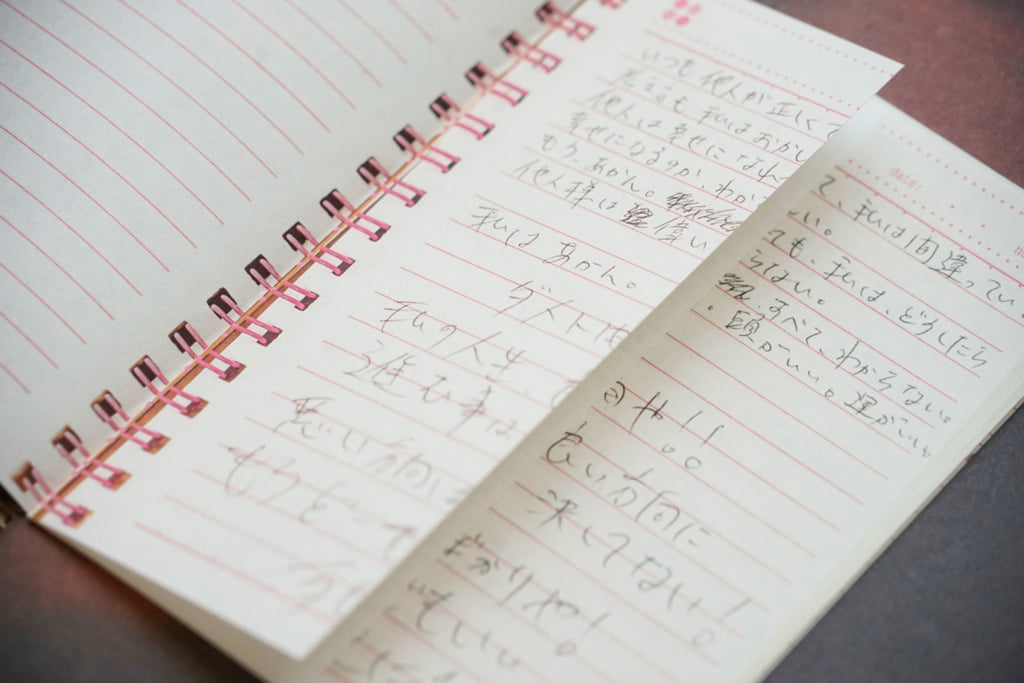
© Miki Hasegawa
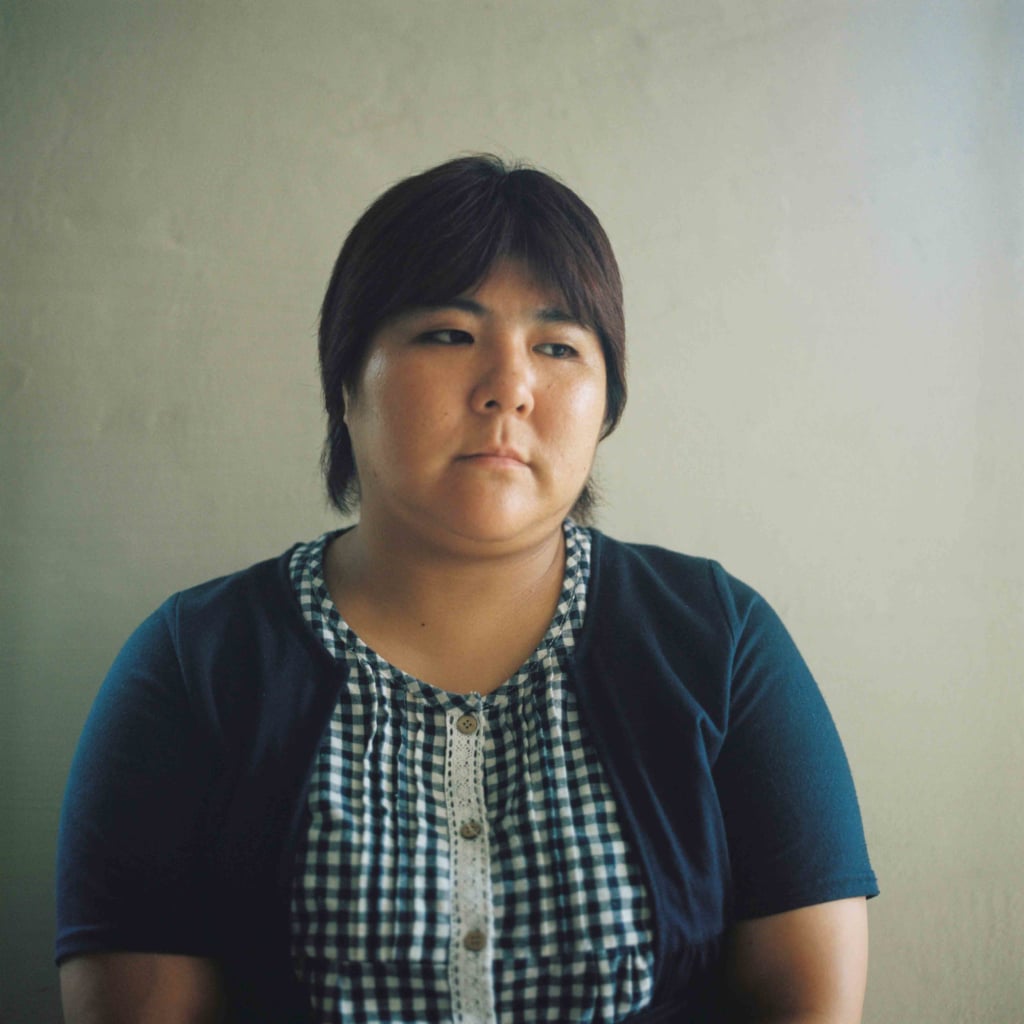
© Miki Hasegawa
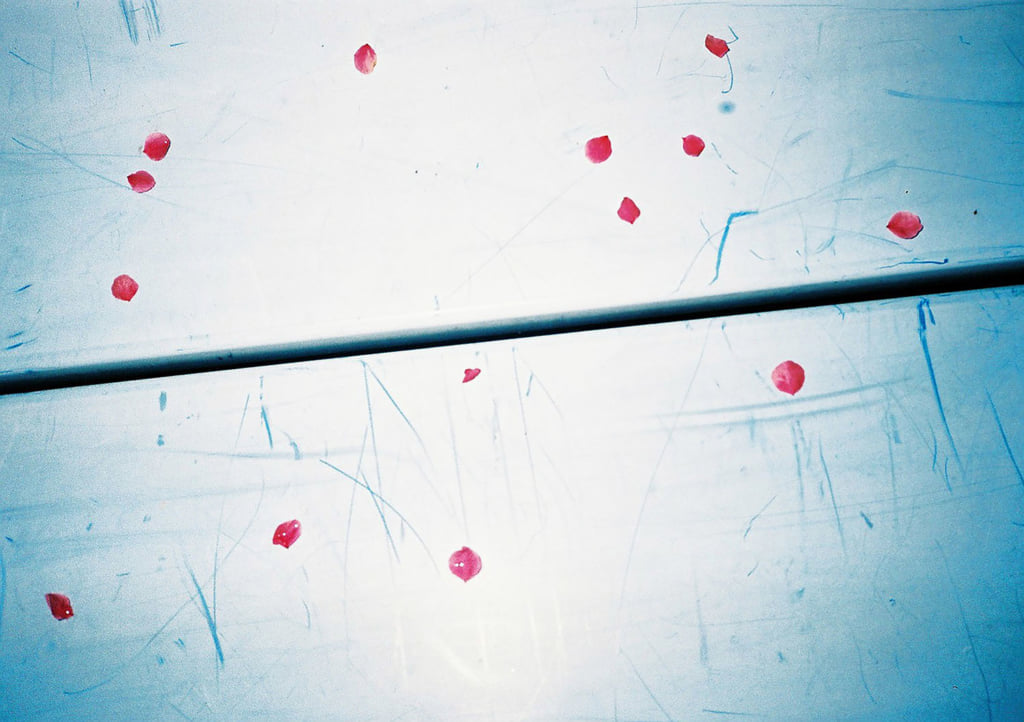
© Miki Hasegawa
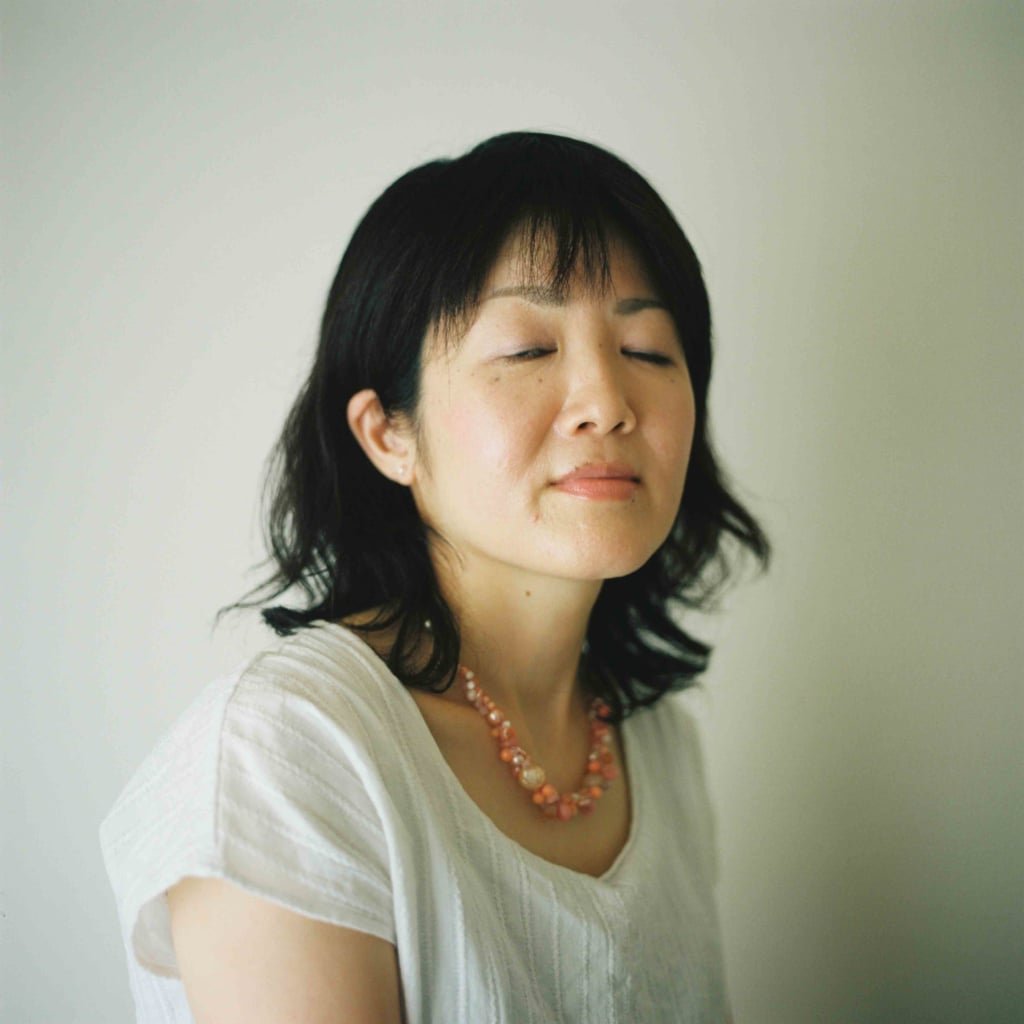
© Miki Hasegawa
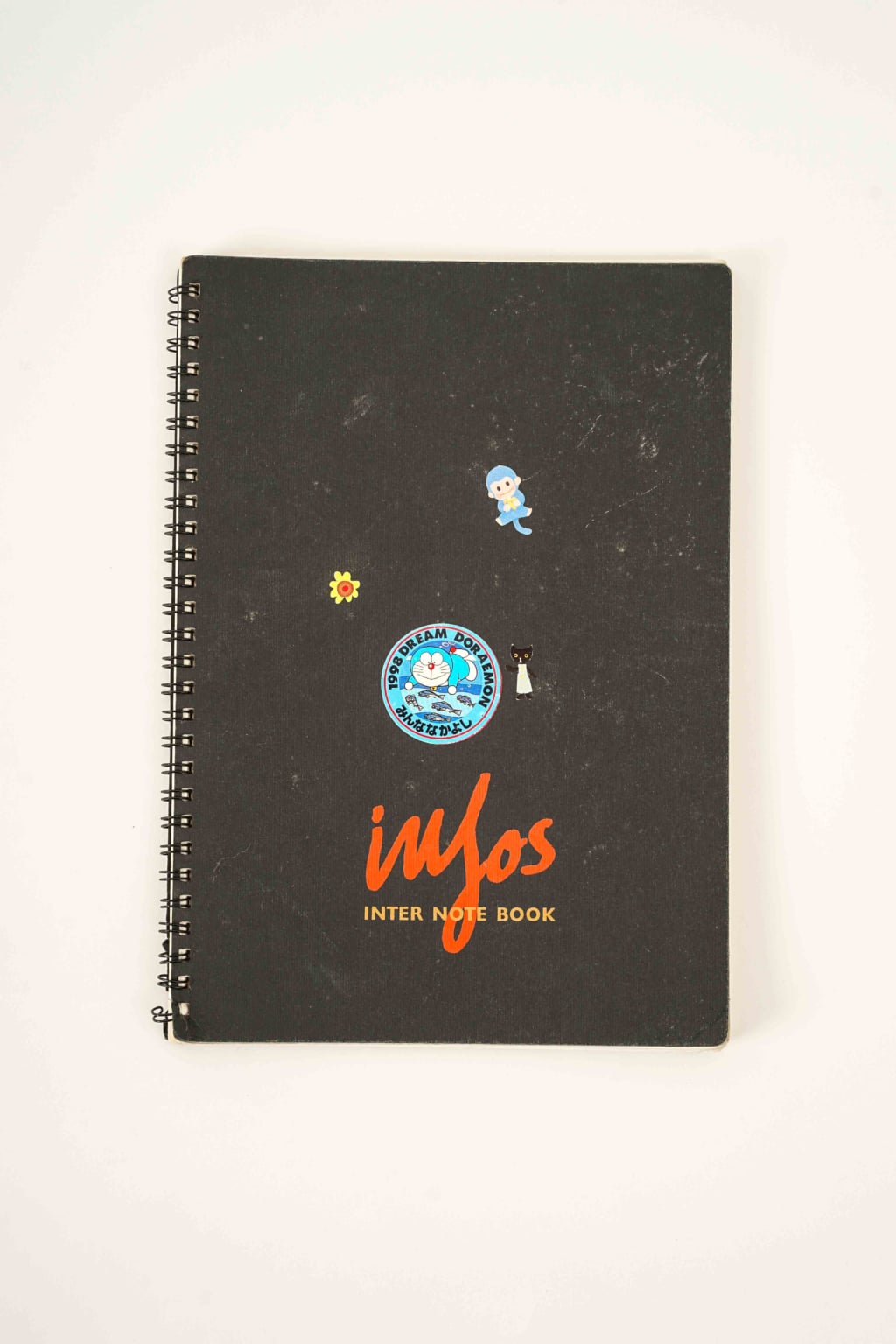
© Miki Hasegawa
TRENDING
-
A House from the Taisho Era Reveals Its Secrets
While visiting an abandoned building, Hamish Campbell discovered photographs the owner had taken of the place in the 1920s.

-
The Taboo-Breaking Erotica of Toshio Saeki
The master of the 1970s Japanese avant-garde reimagined his most iconic artworks for a limited box set with silkscreen artist Fumie Taniyama.

-
With Meisa Fujishiro, Tokyo's Nudes Stand Tall
In the series 'Sketches of Tokyo', the photographer revisits the genre by bringing it face to face with the capital's architecture.

-
Masahisa Fukase's Family Portraits
In his series ‘Family’, the photographer compiles surprising photos in which he questions death, the inescapable.

-
Hajime Sorayama's Futuristic Eroticism
The illustrator is the pioneer for a form of hyperrealism that combines sensuality and technology and depicts sexualised robots.


